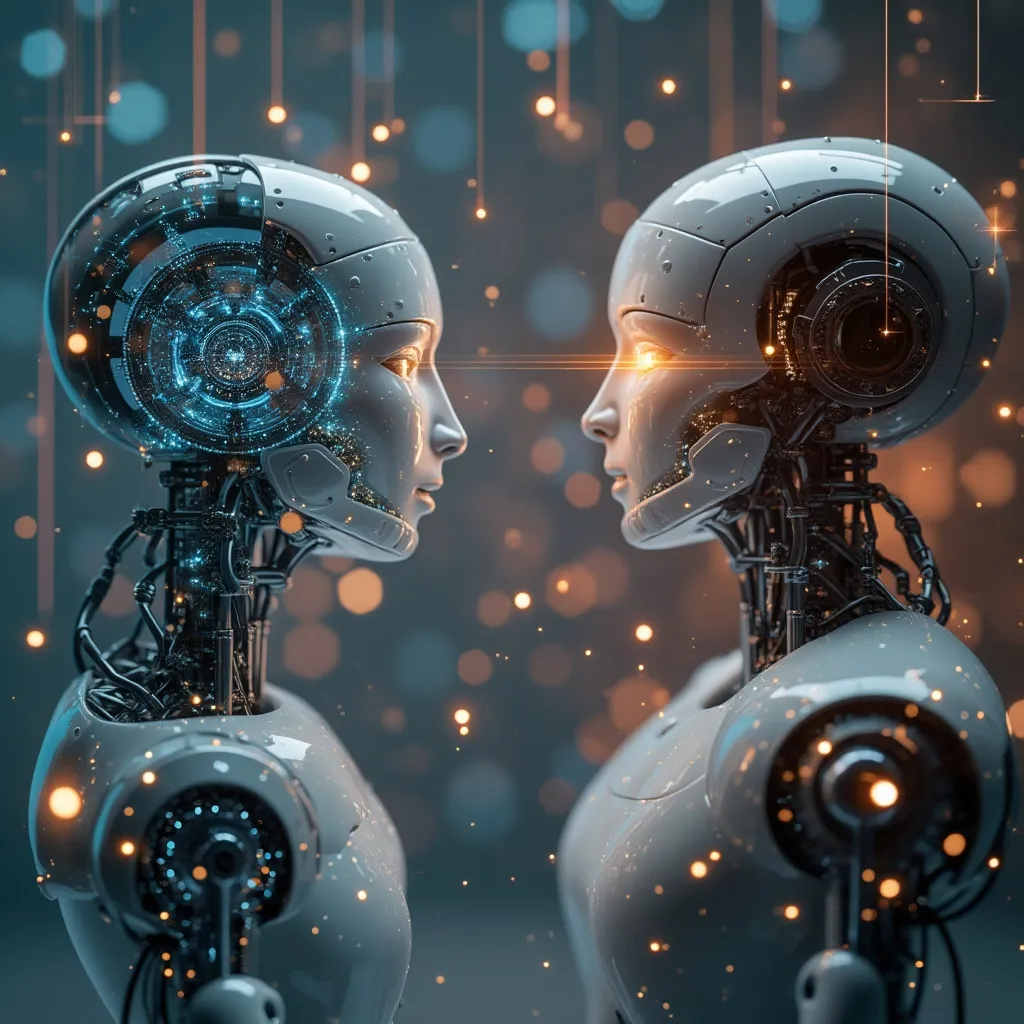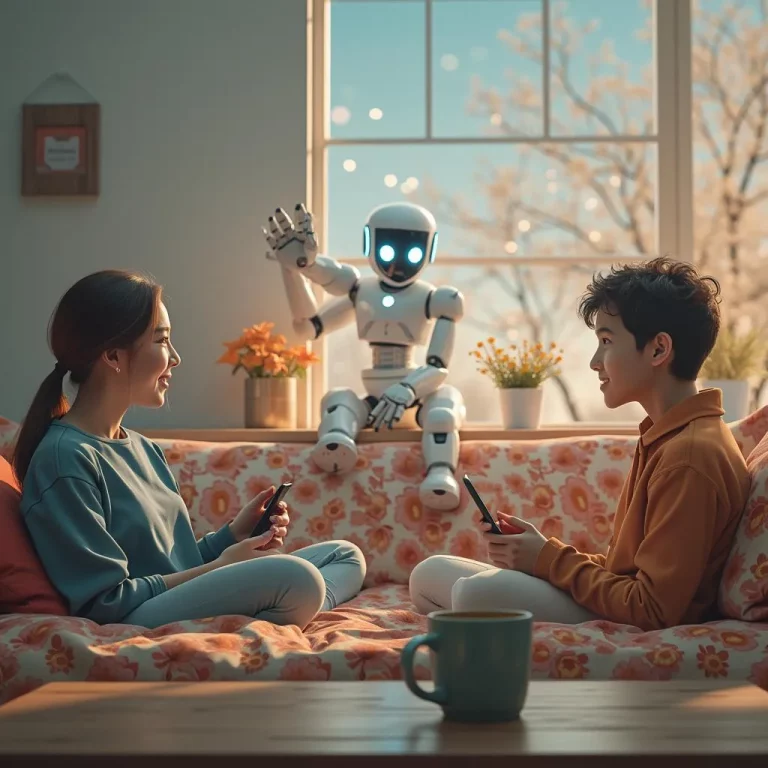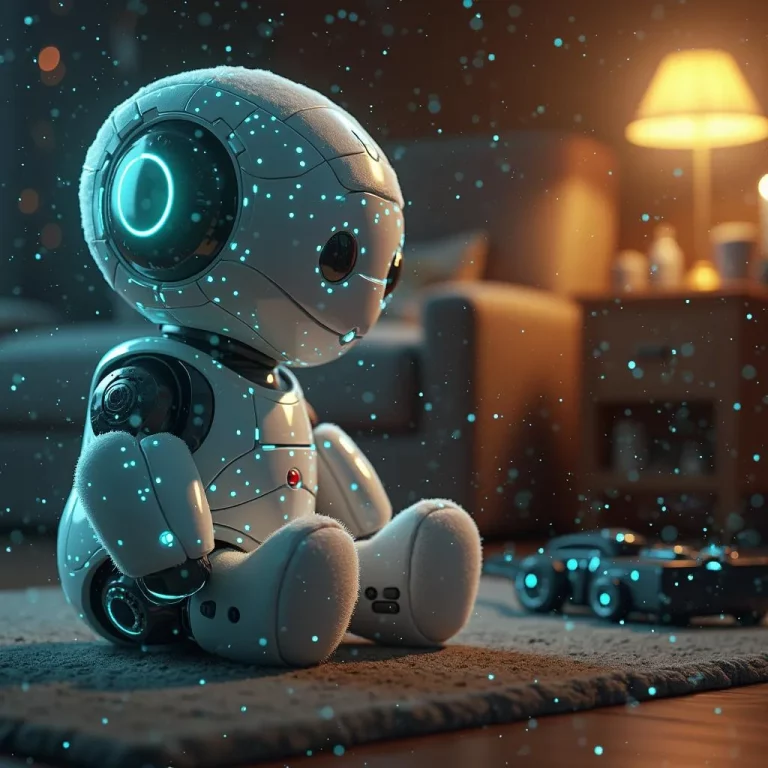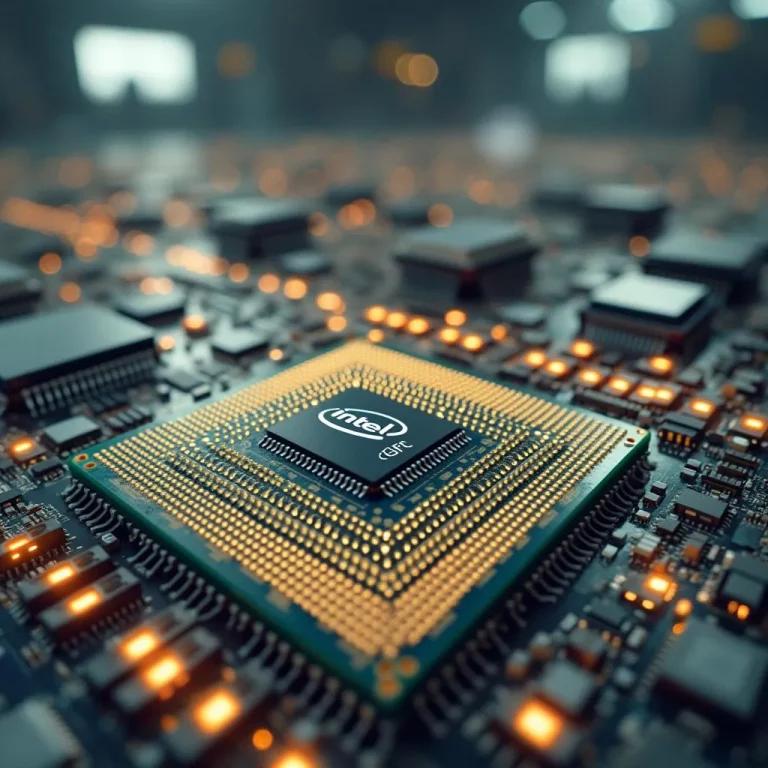The Impact of Generative AI on Critical Thinking Skills in the Workplace
- 0 reactions
- 12 months ago
- Flaik.ai

The Impact of Generative AI on Critical Thinking Skills in the Workplace
In an era where artificial intelligence is rapidly transforming the way we work, a recent study by researchers from Microsoft and Carnegie Mellon University has shed light on a crucial aspect of this technological revolution. The study examines how the use of generative AI in the workplace affects employees’ critical thinking skills, raising important questions about the long-term implications of AI adoption in professional settings.
Key Findings and Concerns
The research paper emphasizes a significant concern: “Used improperly, technologies can and do result in the deterioration of cognitive faculties that ought to be preserved.” This statement underscores the potential risks associated with over-reliance on AI tools in the workplace, particularly when it comes to tasks that traditionally require human analytical and problem-solving skills.
Shift in Effort and Focus
One of the most notable observations from the study is the shift in effort that occurs when employees incorporate generative AI into their work processes. As people increasingly rely on AI for tasks that once demanded critical thinking, there’s a risk that these essential cognitive skills may atrophy over time.
Balancing AI Assistance and Human Cognition
While the study highlights potential drawbacks, it’s important to note that AI tools, when used judiciously, can enhance productivity and creativity in the workplace. The challenge lies in finding the right balance between leveraging AI capabilities and maintaining and developing human cognitive skills.
This balance is reminiscent of the challenges faced in other sectors, such as the real estate industry, where technology has transformed processes but human expertise remains crucial. For instance, while AI can assist in optimizing website content for better visibility, the nuanced understanding of local market trends and client needs still requires human insight.
Implications for the Future Workforce
As we navigate this new landscape, it’s crucial for organizations to develop strategies that harness the power of AI while fostering critical thinking skills among employees. This might involve creating training programs that emphasize analytical thinking or designing workflows that combine AI efficiency with tasks that challenge and develop human cognitive abilities.
Moreover, educational institutions may need to adapt their curricula to prepare future professionals for a workplace where AI is omnipresent. This could include courses that teach students how to effectively collaborate with AI tools while honing their critical thinking and problem-solving skills.
Conclusion
The study from Microsoft and Carnegie Mellon University serves as a timely reminder of the need for thoughtful integration of AI in the workplace. As we embrace the benefits of generative AI, we must also be mindful of preserving and enhancing the uniquely human skills that drive innovation and complex problem-solving.
In the end, the goal should be to create a symbiotic relationship between human intelligence and artificial intelligence, where each complements and enhances the other. This approach will be key to building a future workforce that is both technologically empowered and cognitively robust.
For those interested in exploring how AI can enhance various aspects of work without compromising human skills, tools like the AI Voice Over Assistant offer a glimpse into the potential for harmonious human-AI collaboration.
Comments
Continue reading
No results available
Reset








